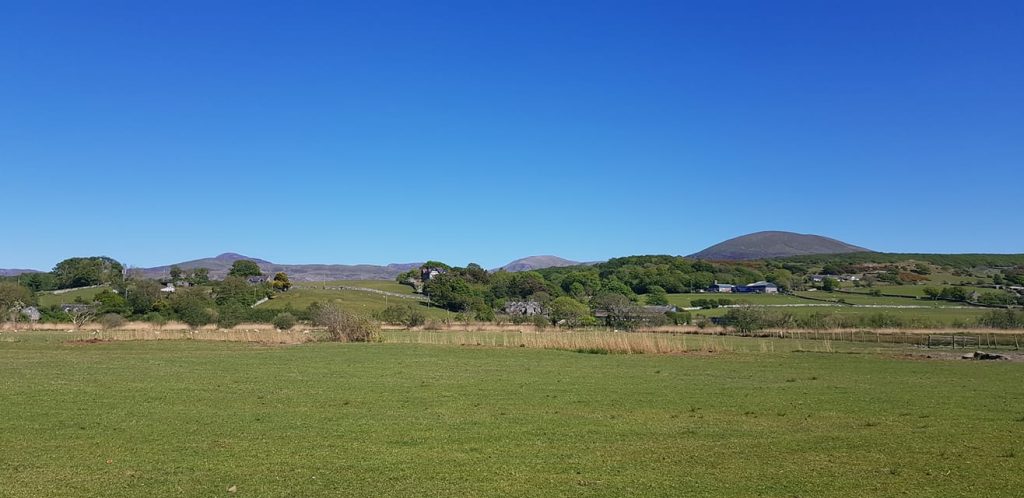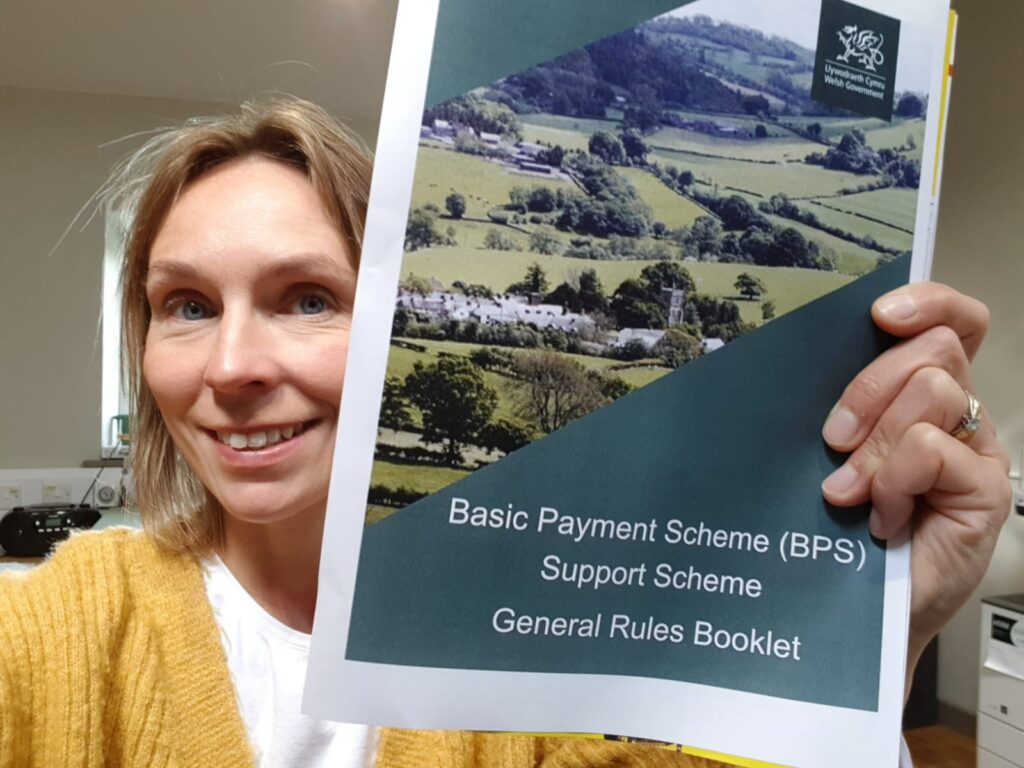Brexit; is it going to happen, what will it look like? what will it mean to our business, our clients businesses and the wider rural economy? The rural economy is never static and even if the United Kingdom was to remain in Europe, reforms are in progress for agricultural financial supports, so on the basis that change is inevitable what is a positive and proactive way of embracing change?
“It’s only after you’ve stepped outside your comfort zone that you begin to change, grow, and transform” (Roy T. Bennett).
“Some changes look negative on the surface but you will soon realize that space is being created in your life for something new to emerge” (Eckhart Tolle).
There are now many ways to raise funds, depending on the economic climate and political situation as it changes the opportunities.
Traditional methods of finance are bank overdrafts, loans and mortgages.
Grant opportunities vary depending on the political situation, at the moment the following grants are available;
Micro and Small Business Fund– a tourism grant fund available until 2022. Examples of previous successful applications include; 68 Degrees West Glamping, Pen Y Garth Lodge Park, Glanusk Events, and Llyn Pilgrim Way Holidays Limited. The Micro Small Business Fund (MSBF) is available for micro to small size businesses with fewer than 50 full time employees.
MSBF is an investment fund targeting eligible capital investment projects within the tourism sector in Wales. It can be used either to upgrade existing or create new high quality products. Support of between £25,000 and £500,000 will be considered, in order to:
- create and safeguard jobs
- realise economic benefit and growth
- deliver quality, innovation and a sense of place.
Unfortunately it does not include web site design and initial staffing/consultancy costs. Glamping is not a priority business to benefit from the MSBF as its seen to be akin to self-catering and therefore provides limited direct employment gains.
Rural Development Programme 2014-20is coming towards the end of the funding window and the various grants that have been available (Food Business Investment Scheme, Rural Community Development Fund, Timber Business Investment Scheme and Sustainable Production Grant) are wrapping up. However some grants are still open for applications including the Farm Business Grant
- The maximum grant award is £12,000
- The minimum grant award is £3,000
- The grant provides a 40% contribution towards capital investments in equipment and machinery that have been pre-identified as offering clear and quantifiable benefits to farm enterprises.
- Next Expression of Interest (EOI) application deadline April 2020.
Glastir Woodland Creation Scheme has received a further £2million fund allocation and woodland management is definitely a priority for Welsh Government.
But are there alternatives to traditional bank funding or governmental support?
Peer to Peer Lending (P2P) is a growing sector which involves connecting individuals or businesses to borrowers, since the initiation of P2P the Financial Conduct Authority (FCA) introduced rules to protect investors whist not stifling the P2P sector. As the P2P sector has evolved the FCA have launched further guidelines to help better protect investors and allow a more long term and sustainable investment. New FCA regulations have recently been published which are to be implemented by P2P platforms by the 9th December 2019, refer to Financial Conduct Authority for further information.
Crowd Funding is also a method which is growing in use and popularity. An example can be found on the Farmers Weekly website showing a young couple in Cumbria who raised £30,000 to buy their first cows.
Other examples of crowdfunding are for renewable energy schemes with support available from organisations such as Triodos Bank (an example of a £4million windfarm investment) or community hydroelectric scheme share issue described in a previous Baileys and Partners blog.
Payments for Ecosystem Services (PES) has been around for a while and had various pilot projects completed but the wider uptake is still limited. This funding is where investors contribute a certain level of payment for either an existing habitat, habitat management or creation of new habitats. The motive behind the investment will vary but for larger organisations there is growing importance placed on environmental credentials.
Carbon Offsetting is also a popular concept although not without its controversy. Some environmentalists argue that carbon offsetting is not contributing towards environmental sustainability as it is not encouraging people to cut back on travel or the use of fossil fuels. However some people like to have the option of carbon offsetting perhaps there should be more focus on contributing to local projects, for example; supporting a local renewable energy project, sustainable transport systems i.e. car share, tree planting or woodland management or peat management/restoration. Supporting local producers provides connectivity for people who are often distanced from the land due to their lifestyle. Supporting local also can feel more relevant than a distant rainforest or coral reef.
Following on from environmental focus theme, a funding opportunity is currently available within Snowdonia National Park Authority called the Celtic Rainforests Project. This is to reduce the amount of non-native species in the woodlands, introduce management interventions to help recovery of plantations on ancient woodland sites and the introduction of sustainable grazing in areas.
Baileys and Partners have always worked with clients to identify opportunities and broaden their income streams. The need for farmers and landowners to look beyond both their traditional income streams and funding opportunities will become increasingly important. The team at Baileys and Partners can help put clients at the forefront of these opportunities.







